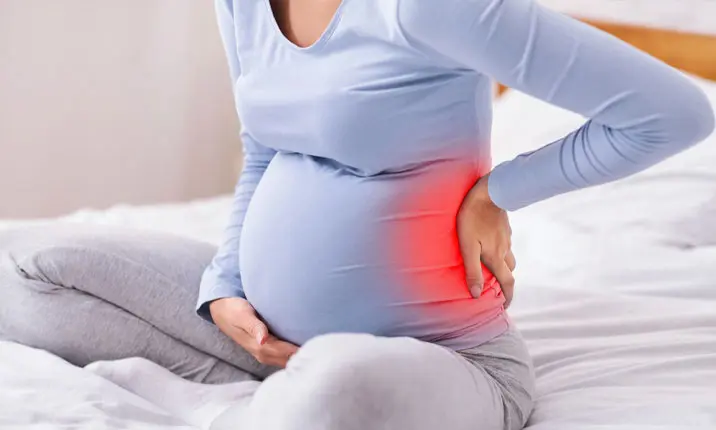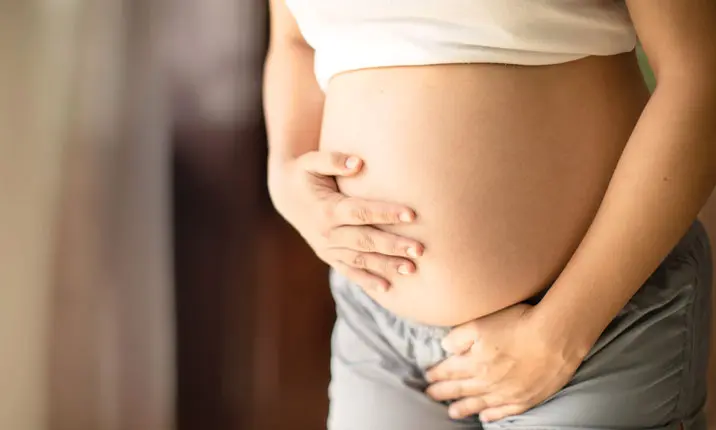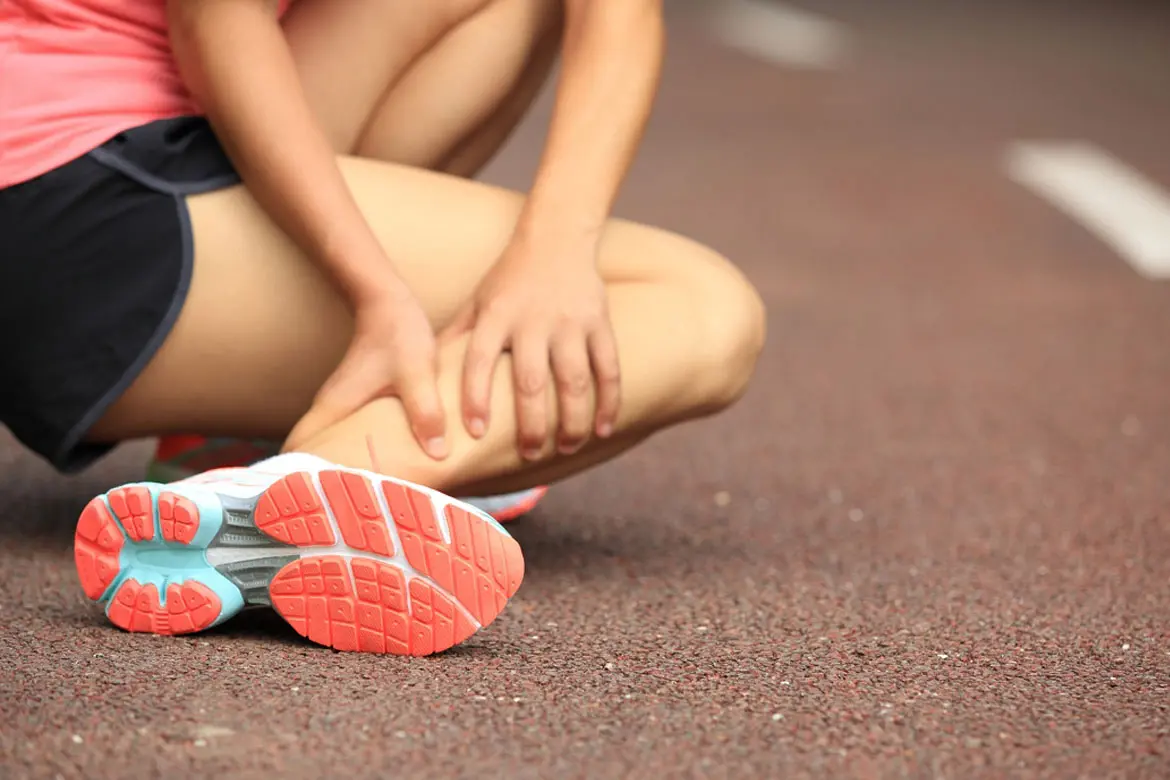As amazing as the period of pregnancy is, it does bring about some physical changes to your body and, with that, some discomfort in the form of aches and pains, especially in the final trimester. It helps to know what changes are normal, and what you can do to make yourself feel more comfortable as you wait for the exciting day your baby comes into the world.
Physical changes
Your body changes along with the growth of your baby. While each woman will experience pregnancy differently, they can expect their bodies to take on a more convex shape as the baby grows bigger. In the process, the curvature of the back may become more pronounced as internal organs move to make room for a growing baby. This will naturally cause a shift in balance, which is why pregnant women are advised to wear flat or low-heeled shoes throughout their pregnancy.
As one’s pregnancy progresses, physical discomfort related to orthopaedic conditions may be experienced. Here are some common ones with tips on how you can manage them to feel more comfortable.
Lower back pain
The majority of pregnant women will experience back pain during the course of their pregnancy. This is partly due to the strain on the back by the extra weight carried and the shift in their centre of gravity as the baby grows. The additional weight could put a strain on their back muscles, causing painful spasms. In later pregnancy, the hormone relaxin serves to loosen your joints in preparation for childbirth, and this can contribute to back pain. If you do experience back pain, know that this may be temporary and will ease up after having given birth.
There are things you can do to address lower back pain. Firstly, having a strong core and back before getting pregnant will help as your muscles will be able to better support the increased load as you progress through the pregnancy. Even in the first two trimesters of pregnancy, mothers-to-be can do back exercises designed to strengthen your back. Ask your doctor for guidance, or a referral to see a physiotherapist who can help share useful exercises will help.
If you do experience back pain, you can reduce the pressure on your back by:
- Always bending at the knees rather than from the waist if you have to pick something up
- Avoiding standing for long intervals
- Staying active with walks
Should the pain be a cause of concern, or if it interferes with daily activities, do consult your doctor.
Stabbing heel pain
Rapid weight gain during the course of one’s pregnancy may put mothers-to-be at risk of inflammation of the fascia, the thick band of tissue which connects the heel bone to the toe. This can result in stabbing pain in the heel, a condition known as a heel spur or, medically, plantar fasciitis.
You will tend to feel the pain more in the morning as you get out of bed and it reduces as you stay mobile throughout your day. The pain will tend to get more severe in the later stages of pregnancy as your weight increases. The condition can be managed with an ice pack or a foot massage and targeted stretches for the Achilles tendon to ease the discomfort. Your doctor may also give you night splints or recommend orthopaedic shoe inserts that may provide more comfort.
Should the pain be unbearable to the point it interferes with mobility, speak to your doctor about the possibility of pain relieving cortisone shots.
Numbness in the hands and fingers
Fluid retention during pregnancy may compress the nerves concentrated around your wrists in a region called the carpal tunnel. This is known as carpal tunnel syndrome, where the compression of the median nerve causes either numbness, a pricking or tingling sensation in your hands and fingers.
Managing the amount of weight gain during pregnancy may help mothers-to-be avoid this condition. If symptoms are experienced, and it can be quite a painful condition, rest assured that it shouldn’t last beyond pregnancy.
To ease the pain, rest your hand and wrist as much as possible and avoid flexing your wrist. To keep your wrist in a neutral position, particularly while you are sleeping, your doctor may recommend wearing a wrist brace. Applying ice compresses may also help with the pain. However, if the pain is unbearable despite various means of managing it, ask your doctor about prescribing pain relieving solutions.
Numbness in the thighs
Another reason to manage pregnancy weight gain, is the risk of developing meralgia paresthetica, a rare condition caused by compression of the nerve that supplies sensation to your upper leg. As with carpal tunnel syndrome, compression of the nerve results in numbness, tingling or burning sensations, but this time in the thigh. Like carpal tunnel syndrome, severe symptoms may be relieved with pain relieving cortisone injections in the area around the nerve.
Pain in the groin
Some women experience groin pain in the latter part of their pregnancy. This is a condition known as osteitis pubis, an inflammation affecting the bones around the front of the pelvis. These bones can become inflamed due to the weight of the baby, with the pain exacerbated as the ligaments in the area naturally loosen up as the body prepares for childbirth.
Having more rest while lying down or seated may help ease discomfort from this condition. Applying ice or heat to the area may help reduce pain and inflammation. For more severe pain, a doctor may prescribe analgesics.
Pain in the hips
During the later stages of pregnancy, experiencing sudden pain in the front of the thigh, in the groin, side of the hip, or in the buttock, may be a result of what’s known as transient osteoporosis. As its name suggests, this is a temporary condition caused by bone loss in the hip, most likely caused by a combination of hormonal changes, weight-bearing stress, and the obstruction of small blood vessels around the hip. In severe cases, transient osteoporosis can significantly weaken the hip joint, causing mothers-to-be to resort to using crutches or a walker for the rest of their pregnancy. A doctor may prescribe calcium supplements to prevent bone loss and make a referral to a dietitian for a customised nutrition plan.
While it is possible to breeze through pregnancy without having to worry too much about bodily aches and pains, do not ignore the discomfort if it bothers you. While they are likely to last only until a mother-to-be gives birth, it does not mean having to endure discomfort and pain until that happens. Raise any concerns about aches and pains to your doctor so that they can be managed and alleviated early.















